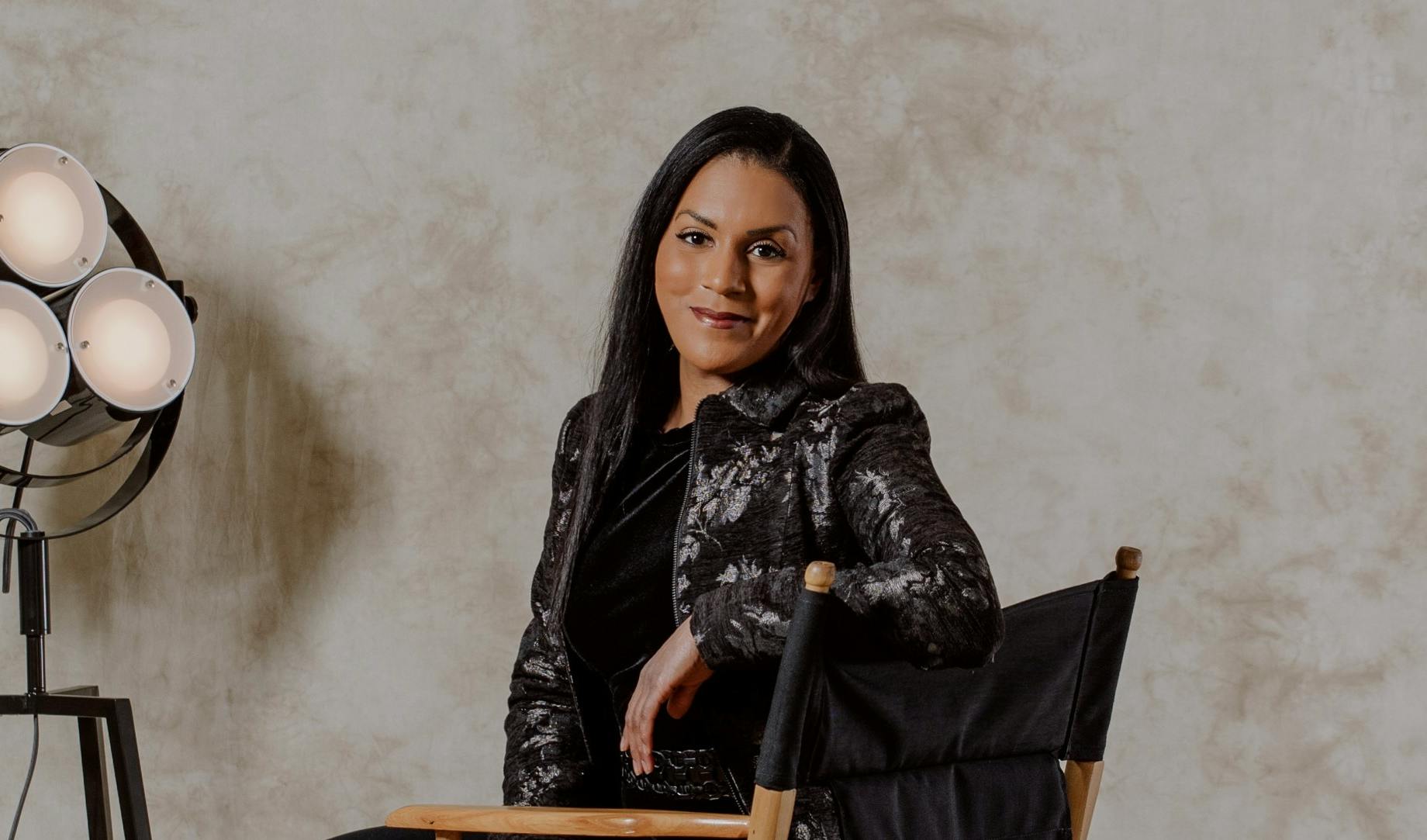
How can boards be better on Regulation, Sustainability and Diversity? | Tom Shropshire, Linklaters Global Head of the US
Recently appointed Trustee of Comic Relief, Tom Shropshire, shares his views on best practice for corporate governance, what characterises the best boards he has worked with and what US and European boards can learn from one another.
Tom Shropshire is corporate partner and the Global Head of the US Practice at Linklaters LLP where he is also on the Executive Committee, and previously served on its Partnership Board and as Chair of its Global Corporate Responsibility Committee. Tom is also co-head of a practice that focuses on enterprise risk management, corporate sustainability, regulatory change and corporate governance. He was a member of the steering committee of the influential Parker Review into the Ethnic Diversity of UK Boards.
Through Nurole he recently joined the board of Comic Relief.
What’s the best professional advice you have ever received?
Take the time to learn something from every interaction you have and don’t walk into any room assuming you know the answers. That has allowed me to learn my trade as a lawyer but also as an adviser from many different sources, both the good and the bad.
How do boards ensure that regulation is not seen as a tick box exercise?
Translate it back to why it’s important to the organisation from a value preservation or value enhancing perspective. Boards are starting to appreciate more the value preservation aspect as liabilities have increased.
What are the key questions boards need to ask about sustainability?
There are very few boards who unanimously agree and truly understand that social, political and economic contracts are intertwined. The key questions for the board to ask are what does sustainability mean for their organisation and do the CEO and senior executives get it? If it doesn’t come from the top, it’s very difficult for the organisation to believe it. It’s not simply a question of having ESG on the agenda. It’s about delivering value over the long-term by ensuring an understanding of stakeholders, modes of engagement and the bigger ecosystem is embedded in everything the organisation does.
What role should boards play on diversity?
It all starts at the top - we have had the statistics showing lack of diversity on boards which contrast with the evidence for the value of diversity on boards for a while, but we are not seeing the changes that are necessary. Boards have to change themselves: it needs bold and brave chair people who are willing to shake things up. We are witnessing a period of change but it’s not happening as fast as it should and government and regulators are starting to get fed up.
What has characterised the best boards you have worked with?
I see a number of characteristics common to the best boards I work with:
- A great working relationship between the chair and CEO is key. It is not necessarily cosy and friendly but must be respectful and collaborative. Sometimes you get adversarial boards where it’s the board versus the executive, which is useless.
- Chairs who are directional but inclusive. The chair needs to know enough about each of the board members to know when to bring others into the conversation where they might have something to add without allowing the discussion to lose focus.
- Having a senior executive team who recognise the board’s potential to offer a challenging but constructive contribution.
- Having board members who are fully prepared for meetings and can articulate their own experience in a relevant way to the organisation. It’s surprising how often board members are not prepared - sometimes because they are inundated with too much information, sometimes because they haven’t taken the time to read the material.
What can US and European boards learn from each other?
As a generalisation, US boards are more accepting and appreciative of people with diverse experience while European boards tend to be very finance and accounting heavy. US boards often include a wide mix of backgrounds from government, business, law, academics etc. Would be good to see European boards broadening out. US boards could learn how to take into greater consideration broader stakeholder needs but are currently handicapped by fiduciary duties where the responsibility is to shareholders (unless you are a BCorp).
When have you got it most wrong professionally and what did you learn?
If I were to have my time again, I might have moved back to the business side earlier to broaden out my experience.
Your Nurole Experience
How did you hear about Nurole?
Met with the Nurole founder as part of the Parker Review where I was tasked with understanding headhunter perspectives.
How have you found the experience as a member?
The proof is in the pudding. I see more interesting board roles coming from Nurole that are relevant, than I have ever got from traditional search firms. I like that I control the decision.
What advice would you have for other members applying through the platform?
Start off with your interests set more broad than you think. Be realistic but don’t rule yourself out of opportunities that you think are interesting. If it ends up working - great, if it doesn’t - you will have learned something.
How would you explain what Nurole does in one sentence to someone who doesn’t know it?
Nurole is a great clearing house for opportunities for professional development in today’s modern world.
About You - 10 Question Quick Fire
3 ways in which the person who has worked most with you would characterise you?
Demanding doer, personable, strategic thinker.
Favourite book?
Lord of the Rings Trilogy, J. R. R. Tolkien.
Favourite restaurant?
The Outermost Inn, Martha’s Vineyard, MA.
Favourite holiday?
Sabi Sabi safari with my family in South Africa.
Favourite quote?
“Me, We” - Muhammad Ali.
Greatest passion?
Family.
Favourite app?
Flipboard.
Professional achievement of which you are most proud?
Working to create legislative change to Data Protection act to break down barriers to enhance board diversity.
When does your alarm go off and how many hours of sleep do you have on average?
6:10am with 5-6 hours on average.
Best idea for a £10,000 investment?
Part of kid’s college education.






